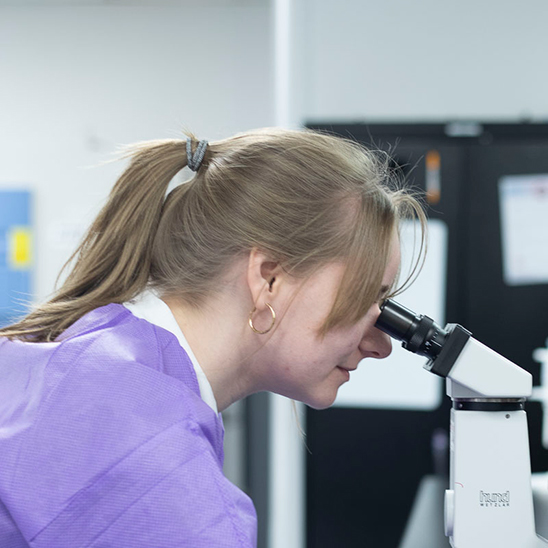In the rapidly evolving field of medical diagnostics, IHC services have emerged as a cornerstone for precise and personalized patient care. Immunohistochemistry (IHC) allows pathologists to detect specific antigens in cells within tissue sections, helping in the accurate classification of diseases—especially cancers. The consistent growth in demand for reliable diagnostic tools has placed IHC at the forefront, making ihc services indispensable in both clinical and research settings.

IHC services provide detailed insights into cellular activity by using labeled antibodies to visualize antigen distribution in tissues. This method is not only more specific than traditional staining techniques but also adds a crucial molecular dimension to tissue analysis. As such, IHC services are commonly used to determine tumor origin, identify prognostic markers, and evaluate predictive indicators for targeted therapy, directly influencing patient management strategies.
One of the key advantages of modern IHC services is their ability to support precision medicine. By analyzing protein expression levels in individual patient samples, clinicians can tailor treatment plans to the biological behavior of a disease. For example, in breast cancer, IHC services are used to test for estrogen receptor (ER), progesterone receptor (PR), and HER2/neu status—markers that are critical in determining appropriate therapy. This level of personalization not only improves outcomes but also minimizes unnecessary treatments.
The quality of IHC services depends heavily on the expertise of laboratory personnel, the specificity of antibodies used, and the rigor of staining protocols. Laboratories offering IHC services must adhere to strict quality control and validation procedures to ensure reproducible and clinically meaningful results. Many facilities are now adopting automated IHC platforms to enhance consistency and efficiency, especially in high-volume labs where quick turnaround times are essential.
Research institutions also benefit from high-quality IHC services, particularly in drug discovery and biomarker validation. By integrating IHC services with other molecular techniques, researchers can explore complex signaling pathways, tumor microenvironments, and immune responses in greater detail. This makes IHC services a vital tool not only in understanding disease mechanisms but also in the development of new therapeutics.
Despite their numerous advantages, IHC services face certain limitations, such as variability in antibody performance and interpretation subjectivity. These challenges are being addressed through the standardization of protocols and increasing use of digital pathology solutions. With advances in artificial intelligence, many IHC services now include computer-assisted image analysis, which can objectively quantify staining intensity and distribution, reducing inter-observer variability and enhancing diagnostic accuracy.
The global demand for IHC services is growing, driven by the rising prevalence of cancer, increasing healthcare expenditures, and technological advancements in pathology. Hospitals, reference laboratories, and biotechnology companies are all investing in expanding their IHC services to meet the needs of modern diagnostic workflows. Additionally, regulatory frameworks and clinical guidelines are increasingly recognizing the essential role of IHC services in evidence-based medical practice.
One of the most promising developments in IHC services is the integration of multiplexing techniques, which allow the simultaneous detection of multiple biomarkers on a single tissue section. This innovation significantly expands the informational yield of a single biopsy sample, especially in cases where tissue is limited. As multiplexed IHC services become more widely available, they promise to transform how clinicians interpret tissue data, offering a more holistic view of disease biology.
Furthermore, IHC services are playing a pivotal role in immuno-oncology, where they are used to evaluate immune checkpoint markers like PD-1, PD-L1, and CTLA-4. These markers help in identifying patients likely to benefit from immunotherapy, which is rapidly becoming a standard approach in cancer treatment. By providing critical information about the tumor’s interaction with the immune system, IHC services help guide treatment selection and monitor therapy response.
In conclusion, IHC services represent a powerful blend of histological tradition and molecular precision. Their capacity to provide detailed, targeted, and actionable information makes them a vital component of modern pathology and personalized medicine. As technology advances and clinical needs evolve, IHC services will continue to adapt—offering ever more accurate, efficient, and insightful solutions for diagnosing and managing complex diseases.
